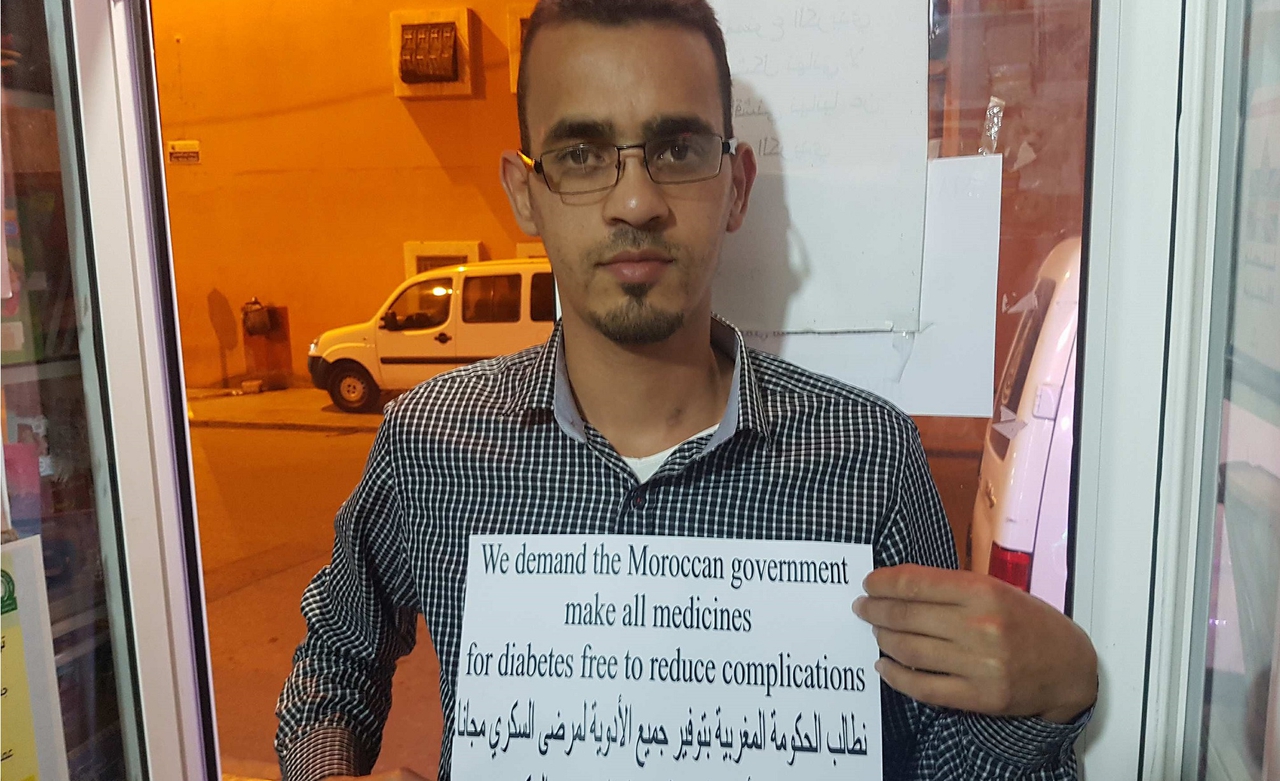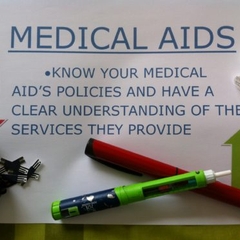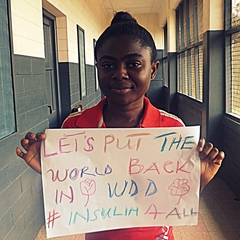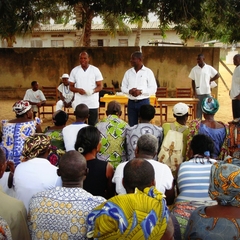
The Pain of Diabetes in Morocco
2 Jul 2018, 2:49 p.m. in Global Stories by Redouane Zerraa
I was diagnosed with type 1 diabetes when I was 10 years old. I received good health care during that time, especially under the private health care from my father’s workplace. I had all the necessities of insulin and medicine. I did always struggle with the ups and downs of life with diabetes, particularly when I was younger and did not fully understand the condition.
Health care in Morocco is inadequate, so living with diabetes is a major handicap for some families. Illiteracy and poverty are huge barriers to a healthy life with the condition. The government and responsible organizations do not provide enough support to patients in terms of medicine or education. There is no provision of complications treatment – such as retinopathy, kidney failure, etc. – for people with diabetes.
Even waiting to see the doctor in public hospitals takes a very long time. In the private sector, you can see the doctor on the same day but the cost is 150 to 200 dirhams, which is the cost of a poor person’s house.
Insulin is expensive, of course. The government hospitals provide Mixtard 30 and Humulin, which are available only to those living in the big cities. Diabetes care often does not reach each village or civilian.
If we get insulin, we are still required to buy syringes from pharmacies. They are sold for 3 dirhams per injection, which is very expensive. I use the insulin provided by the government but I do not always test my blood sugar levels because of the high cost of these tests. I test my HbA1c for a period of one year or more, while the normal blood glucose test is taken every 3 or 4 months.
People do not understand diabetes and there is little education for those of us living with it to be able to treat it properly. The majority of patients are not able to keep track of all that is new in the world of treatments and technology. Some turn to traditional treatments that negatively affect their lives.
At the age of 21 years, according to Morocco's health system set up, I was no longer under the care of my parents. This meant that I could not get support from my father’s insurance any longer, which made me suffer. I no longer had affordable access to medicines, care and treatment. I now have diabetes eye complications but cannot get them treated. I also suffer from severe pain in the feet.
I feel a disappointed that sometimes I could not take enough insulin, test my blood sugar, or follow the right diet, so my health was neglected. Now I find it difficult to receive treatment or to get insulin and test strips, which I cannot afford to buy from pharmacies.
My own experience with diabetes is full of pain and difficulties caused by insufficient care and insufficient means. I still suffer from both. The expenses mean that we stop treatment, which can lead to death, God forbid.
Most victims of diabetes suffer in silence because of the indifference of others. We are trying to demand that health officials take care of people with diabetes because we are suffering the complications of this expensive disease more and more.






